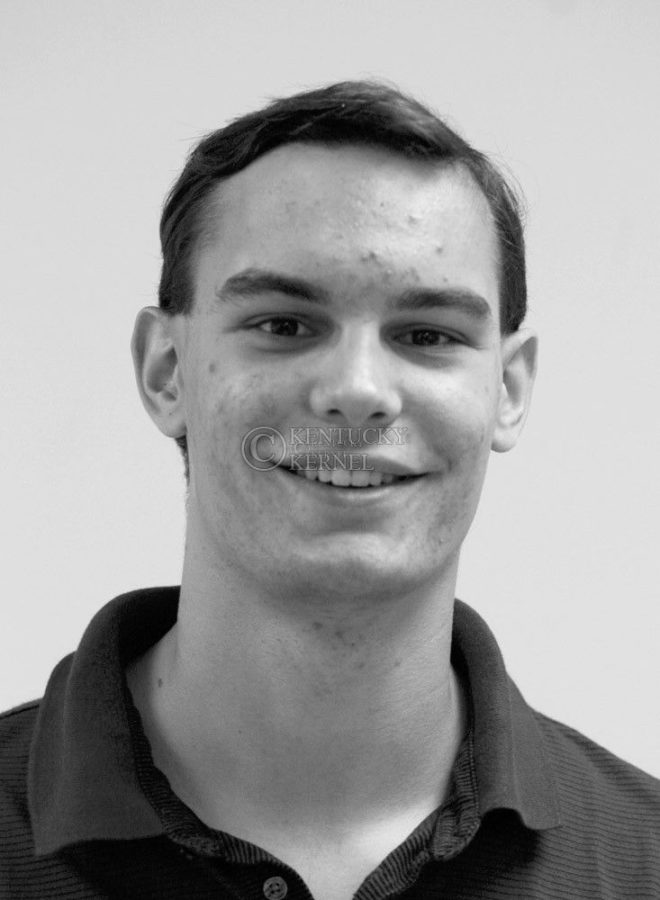Festival showcases diversity, real world
March 3, 2010
The 21st annual UK Cultural Diversity Festival kicked off last week and will run through April 10.
The festival includes workshops, film screenings and lectures on topics as wide-ranging as China’s recent history, the Palestinian-Israeli conflict and the diverse Native American tribes of North America, but could you care less?
You may wonder why UK is spending a month and a half on celebrating diversity — if you do not see how cultural diversity affects you, that is.
Cultural diversity is reality. Technology and globalization have leveled barriers formerly separating people groups. As New York Times columnist and Pulitzer Prize winner Thomas Friedman put it, “The world is flat.”
Regardless of your major or career path, you will have to collaborate or negotiate with individuals from other countries and cultures after you graduate from UK, whether you like it or not.
Having the skills to converse with individuals from any cultural background will be invaluable.
UK has recognized classroom knowledge will not be sufficient to prepare students for intercultural interactions in today’s rapidly globalizing workplace.
Even if you could identify Ljubljana and Bandar Seri Begawan as the respective capitals of Slovenia and Brunei, would you be comfortable in conversing with someone from either of those countries?
Therefore, the university is encouraging all students, not just international studies and geography majors, to take advantage of the festival’s events as opportunities to become more culturally aware.
But do you really think going to an extra cultural event or two can sufficiently prepare you for trans-cultural communication?
Theoretically, college is training you for the real world, but will you be ready for interacting with colleagues and coworkers of varying skin colors, financial backgrounds and beliefs if you are not practicing developing cross-cultural friendships right now?
You may hesitate to initiate friendships with international students because you fear speaking to them would be painfully awkward because you have nothing in common with them, but talking to international students may be easier than you think.
If you mess up now in interacting with international students, you cannot be fired from being a college student. But do you know that committing the same cultural error in the future would cost you a job or a promotion?
My Middle East politics professor tells the story of two premier politicians who courted an Arabian leader for the rights to oil-drilling in his territory. The British representative, Winston Churchill, ignored cultural considerations, as he offered pork to the devout Muslim and puffed cigar smoke in his Arabian counterpart’s face.
The American representative, Franklin D. Roosevelt, took pains to avoid offending the Arabian leader and his entourage. Despite his reputation as a heavy smoker, Roosevelt abstained completely from cigarettes during the negotiations.
Not surprisingly, the Arabian leader offered the oil rights to the U.S. Cultural awareness was the difference.
According to the Office of International Affairs Web site, more than 1,500 international students and scholars attend UK. You have at least 1,500 opportunities to develop your intercultural skills, but would you prefer to ignore them?
I recently volunteered to be a language partner through the UK ESL program, which pairs American students with international students who want to practice their English conversational skills.
In our first meeting, my Turkish language partner was initially very self-conscious about his English proficiency, but after realizing I genuinely want to listen patiently and develop a friendship with him, he has taken over our conversations.
Our chats flow easily as he shares his perspectives on topics ranging from American culture and the Ottoman Empire to Taylor Swift and practicing his faith as a devout Muslim.
Naturally, we seek out similar individuals for friendship. I recently overheard a student in the Student Center say, “I want to meet people who look like me.” That’s fine, but don’t forget to meet people who don’t.
Will you be prepared to face our interconnected world?























































































































































